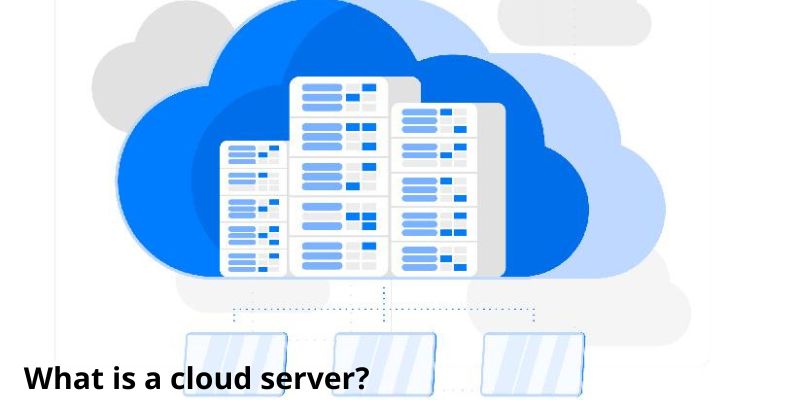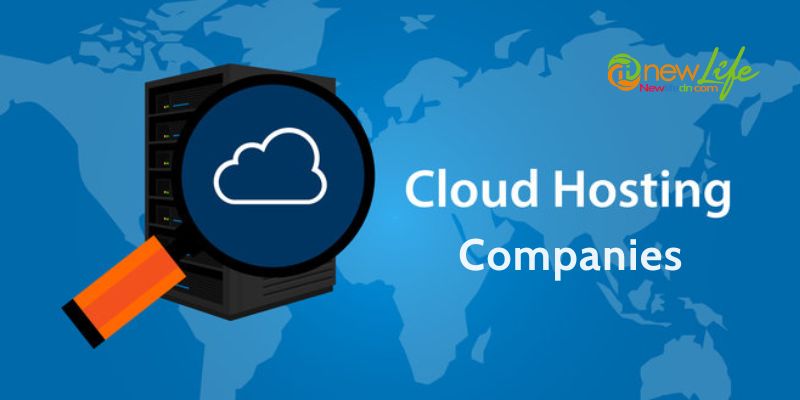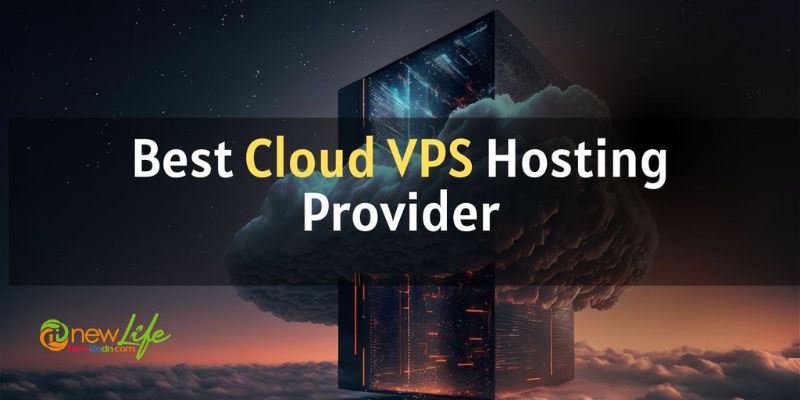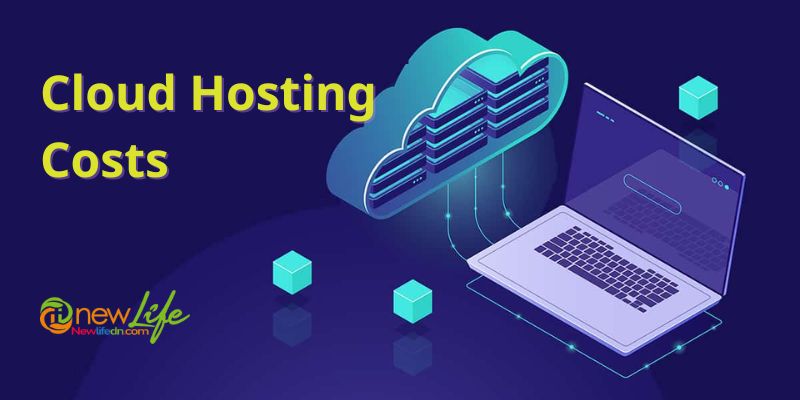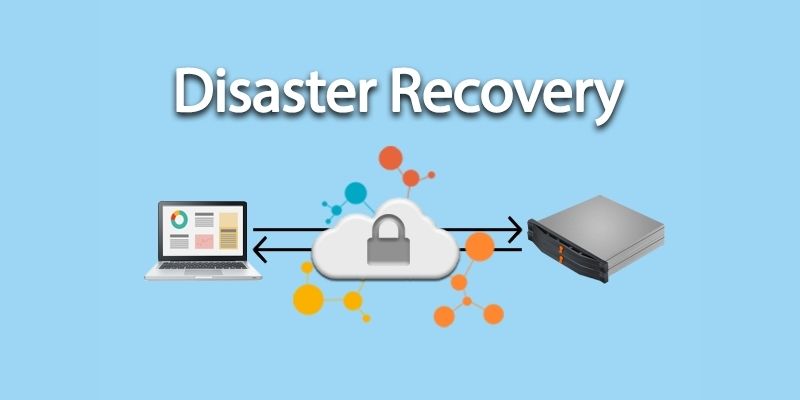A virtualized server that functions in a cloud computing environment is referred to as a cloud server. What is a cloud server? Cloud servers are hosted and maintained by a cloud service provider, as opposed to conventional physical servers that are installed on-site or in a dedicated data center. These servers are a part of a bigger system that makes use of the cloud computing idea to provide scalable and adaptable computing resources through the internet.
A cloud server is a distant computer system that offers individuals or organizations different computational services and resources, to put it simply. What is a cloud server? Cloud servers use the power of virtualization technology to generate several virtual instances running on a shared pool of computing resources, as opposed to depending on a single physical server. Due to this virtualization, effective resource allocation and dynamic scaling are made possible. newlifedn.com will provide some of information for you in this post.
Contents
What is a cloud server?
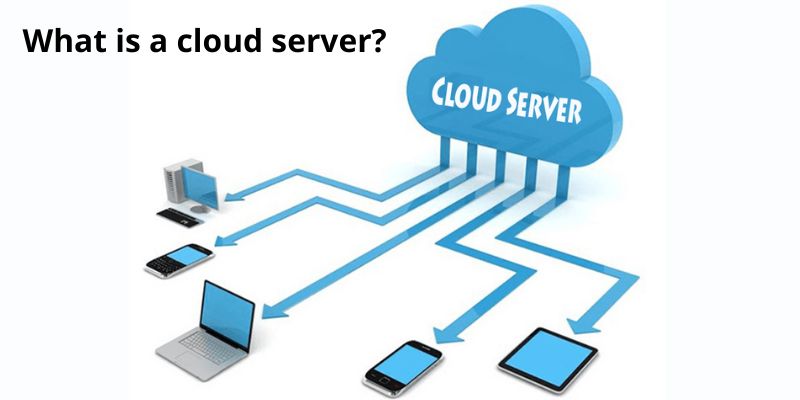
What is a cloud server? Cloud servers can be simply defined as virtual (as opposed to physical) servers operating in a cloud computing environment that are accessible on demand by an unlimited number of users.
Cloud servers behave similarly to physical servers in terms of how they operate and how they store and run programs. Cloud services distribute computing resources over a network, most frequently the internet, because they are hosted by independent suppliers.
What is a cloud server? Virtualization software, also referred to as a hypervisor, is used to split up real servers into numerous virtual servers to form cloud servers. In order to create virtual servers, a hypervisor pools the server’s processing resources.
How do cloud servers work?
Let’s look at a cloud server’s operation now that you are familiar with what it is. What is a cloud server? The only significant distinction between servers in the cloud and regular servers is that since cloud servers are accessed remotely, they can be located almost anywhere. Traditional or dedicated servers, in contrast, are frequently hosted on-site and are exclusively accessible by people there.
Additionally, cloud servers permit the sharing of memory and processing capacity between connected (virtual) servers, in contrast to dedicated servers. What is a cloud server? All cloud computing delivery models, including Infrastructure as a Service (IaaS), Platform as a Service (PaaS), and Software as a Service (SaaS), can be powered by cloud servers due to their availability to server space. Additionally, cloud data servers are pre-installed with all the necessary software, so there is no need to bother about updates.
What’s the difference between a cloud server and a traditional server?

Since they both provide processing power, apps, and storage, cloud servers perform similarly to traditional servers. However, cloud servers are typically more reliable and secure than conventional servers because they can be accessed remotely.
A cloud server and a regular server vary primarily in that a cloud server can be shared by numerous users over an accessible platform, frequently the internet. What is a cloud server? A traditional (dedicated) server is only used by that specific business or organization. Cloud servers are similar to physical servers in that they perform the same tasks, but they are hosted and delivered over a network rather than being installed and operated locally. Another distinction between cloud servers and physical servers is that the former offer limitless compute capability, but the latter are only as powerful as their current infrastructure.
What is a cloud server? When contrasting a physical server with a cloud server, physical servers are frequently more adaptable and provide more processing power, additional random access memory, and access to backup power.
Benefits of cloud servers
Scalability
What is a cloud server? Cloud servers are a wonderful choice for expanding businesses because there are no restrictions on the amount of processing power you can access and it’s simple to update your memory or space to accommodate new customers.
Security
Servers for cloud computing aren’t vulnerable to overloads from too many users and any software problems such as out-of-date programs or inaccurate data edits are isolated from your local environment.
Processing power
When creating apps, tools, or environments, servers for cloud computing might be crucial since they are connected together to share computing power for various workloads.
Reliability
For authorized users, cloud servers offer a steady, unbroken connection and quick access.
Flexibility
People that use cloud servers can connect to the same server from several locations, enabling a mobile workforce. Additionally, cloud servers can swiftly scale to meet varying computational demands, allowing them to handle a variety of workloads.
Affordability
Since most providers offer pay-as-you-go pricing, which allows compute power and resources to be adjusted automatically based on demand, cloud servers offer reduced hardware costs and lower energy costs for businesses.
Types of cloud servers
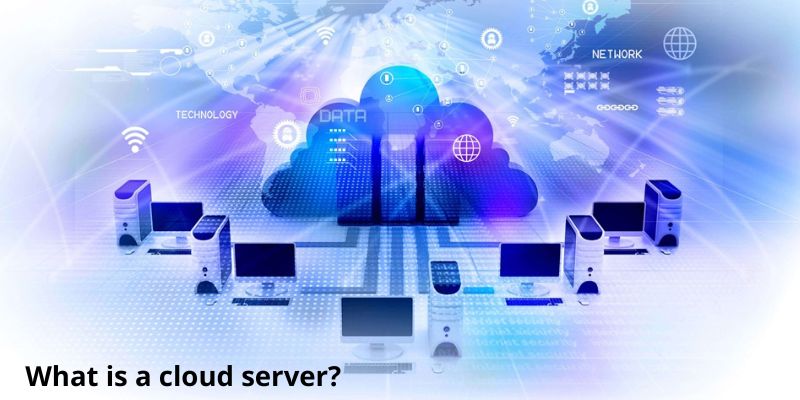
Which sorts of cloud servers exist? And what benefits do they provide?
There are three distinct types of cloud servers, just as there are three different forms of cloud computing (public, private, and hybrid):
Public
In the public cloud, computers and other computing resources are distributed over the internet by independent cloud service providers. The cloud provider owns and manages all of the equipment, software, and auxiliary infrastructure.
Private
Private cloud servers, as opposed to public cloud servers, are frequently the most secure because they are only used by one company or organization. Servers may be housed on-site in a datacenter, or they may be hosted by a third party service provider and made available over a secure network.
Hybrid
Public and private clouds are combined on hybrid cloud servers. This makes it possible for data and applications to flow back and forth between public and private clouds, providing companies more flexibility in how they deploy their resources and presenting chances to enhance their infrastructure, security, and regulatory compliance.
